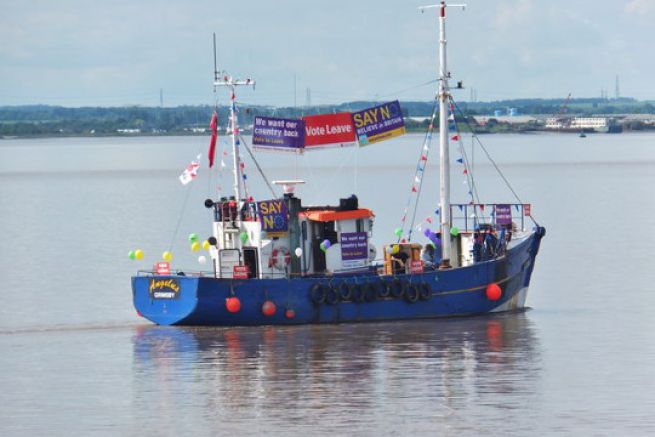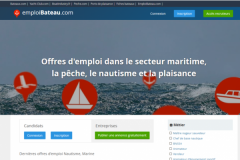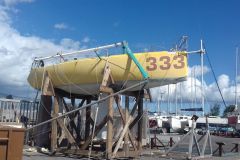BI : It is now official, the British have voted for the UK's exit from the European Union. How do you see the impact of the Leave's victory on the boating sector?
S. Milcendeau : The ink is not yet dry. It is therefore a little early to measure all the consequences. Today the main unknown is that of the release schedule. We are used to working with the English. European Union or not, we will of course continue to work with the British Maritime Federation in international fora and trade together. I'm leaving for England today for an ISO committee!
BI : What will be the main subjects of negotiation of future agreements, concerning the members of the NIF?
S. Milcendeau : Before addressing these points, it should be recalled that the impact is not immediate, the work continues for the moment as before.
We can distinguish 3 types of actors operating with the United Kingdom:
- Yards: they export boats to the British archipelago. Taxation is the main issue for them. Negotiations on the subject depend on government and political decisions. The Fédération des Industries Nautiques will not intervene directly, while defending the interests of its members. The other aspect to be addressed is the new administrative conditions for placing on the market.
- OEMs: They supply the yards across the Channel and will continue to do so. Here again, taxation will be the key issue, and common regulation will surely continue.
- BtoC (Business to Customer) activities: These include services such as engineering, leasing, financing... Some players had moved to the UK for tax reasons and will probably wish to repatriate the business to the mainland. The Fédération des Industries Nautiques will have to accompany them.
BI : We often talk about the effect of the exchange rate of the pound on import-export. What effect might it have on boating?
S. Milcendeau : It is impossible to know in the long run. If the pound has fallen today, it is difficult to predict the situation in a few months.
BI : What share do exchanges with Great Britain represent for the French boating sector?
S. Milcendeau : The European market has been waking up in recent months and each country's share varies greatly. It is therefore difficult to give a reliable figure to date.
BI : What effects do you foresee on the second-hand market?
S. Milcendeau : Here again, it is necessary to wait until the recognition agreements are in place before estimating it. Today, many French people buy second-hand boats in Great Britain, where the fleet is large. The evolution will be made according to the new fiscal and administrative conditions decided.



















